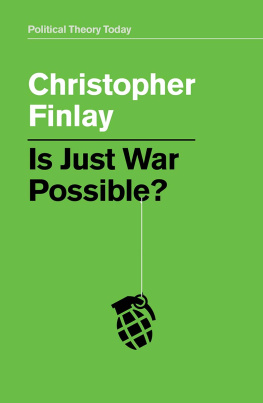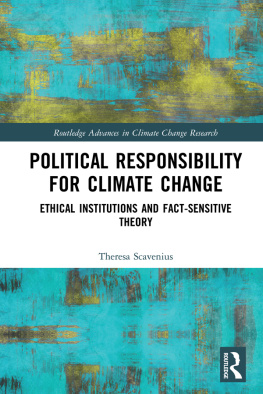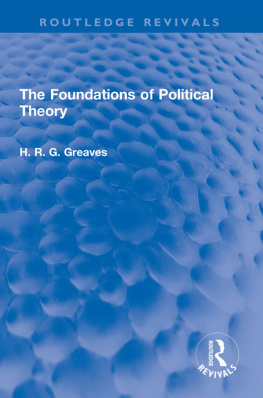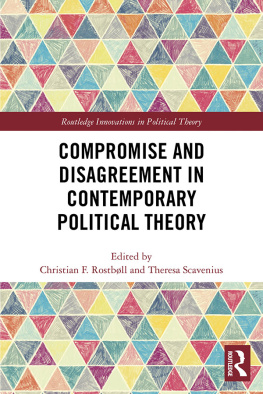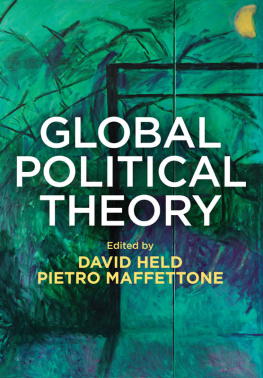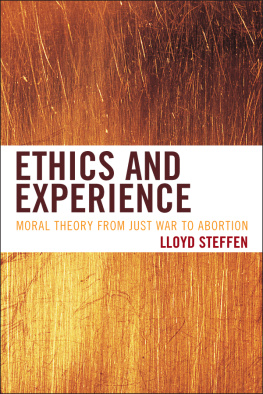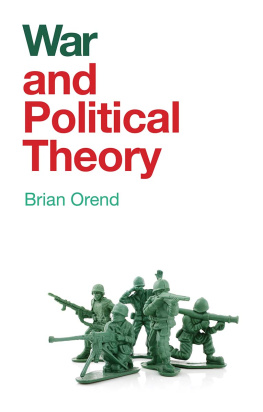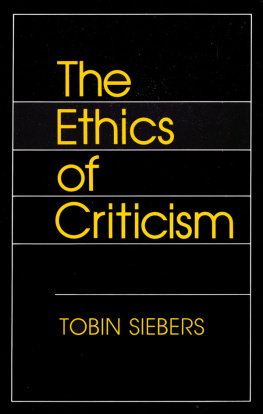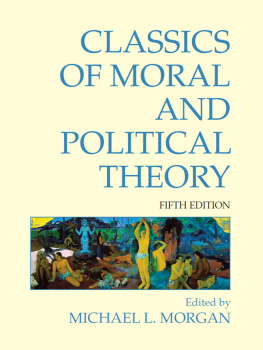Contents
Guide
Pages

Political Theory Today
Janna Thompson, Should Current Generations Make Reparations for Slavery?
Christopher Bertram, Do States Have the Right to Exclude Immigrants?
Diana Coole, Should We Control World Population?
Christopher Finlay, Is Just War Possible?
Is Just War Possible?
Christopher Finlay
polity
Copyright Christopher Finlay 2019

The right of Christopher Finlay to be identified as Author of this Work has been asserted in accordance with the UK Copyright, Designs and Patents Act 1988.
First published in 2019 by Polity Press
Polity Press
65 Bridge Street
Cambridge CB2 1UR, UK
Polity Press
101 Station Landing
Suite 300
Medford, MA 02155, USA
All rights reserved. Except for the quotation of short passages for the purpose of criticism and review, no part of this publication may be reproduced, stored in a retrieval system or transmitted, in any form or by any means, electronic, mechanical, photocopying, recording or otherwise, without the prior permission of the publisher.
ISBN-13: 978-1-5095-2653-6
A catalogue record for this book is available from the British Library.
Library of Congress Cataloging-in-Publication Data
Names: Finlay, Christopher (Christopher J.), author.
Title: Is just war possible? / Christopher Finlay.
Description: Cambridge, UK ; Medford, MA, USA : Polity Press, 2018. | Series: Political theory today | Includes bibliographical references and index.
Identifiers: LCCN 2018012984 (print) | LCCN 2018028626 (ebook) | ISBN 9781509526536 (Epub) | ISBN 9781509526499 (hardback) | ISBN 9781509526505 (pbk.)
Subjects: LCSH: Just war doctrine.
Classification: LCC U22 (ebook) | LCC U22 .F559 2018 (print) | DDC 172/.42--dc23
LC record available at https://lccn.loc.gov/2018012984
The publisher has used its best endeavours to ensure that the URLs for external websites referred to in this book are correct and active at the time of going to press. However, the publisher has no responsibility for the websites and can make no guarantee that a site will remain live or that the content is or will remain appropriate.
Every effort has been made to trace all copyright holders, but if any have been inadvertently overlooked the publisher will be pleased to include any necessary credits in any subsequent reprint or edition.
For further information on Polity, visit our website: politybooks.com
For my parents
Preface
When thousands of people gathered in cities across Britain in November 2015 to protest against proposals to bomb Daesh in Syria, many expressed exasperation at the governments failure to learn from the wars in Afghanistan and Iraq. Neither bombers and missiles nor soldiers on the ground had succeeded in bringing peace and justice to those states when they were deployed soon after 9/11. Nor did they succeed later when used to support anti-Gaddafi rebels in Libya in 2011. The protesters of 2015 therefore believed that those millions of their predecessors who had turned out in 2002 and 2003 to oppose Tony Blair and George W. Bush had been proven right.
But what exactly was the message that government ministers should have been listening to? And what was the lesson they should have learnt? I myself was part of those earlier protests. By 2002, I was increasingly worried by what seemed to me to be a dangerously misguided foreign policy. The impending Iraq intervention didnt seem justified by a well-founded fear of attack. More especially, I thought that invading another country with a view to changing its regime from an authoritarian one to a constitutional democracy was wrongheaded. Even though the intended outcome was a worthy one, as I was prepared to accept, it seemed to be based on a deficient understanding of the nature of political legitimacy: without clearer evidence of a will on the parts of Iraqs multiple peoples to brave labour and danger for their liberation, to use J. S. Mills words, not to mention a well-thought-out plan for securing it, the project was doomed to cause a violent breakdown in such order as Iraqis enjoyed (Mill 1984 [1859]: 122). These were the reasons why I joined the demonstrations in Dublin, where I lived at that time.
But I was also frustrated at the message expressed by some of my fellow protesters a message that many who protest nowadays continue to carry forward. They werent only marching against this particular war. Their protest was against war in general. By contrast, I wasnt convinced that pacifism offered the best starting point for debating a case like the Iraq invasion. Pacifists have a steep hill to climb in order to persuade others that war in any particular case is unjustified. To succeed, first they have to persuade people of something thats very hard to prove: that war can never be justified. That never might literally mean ever: neither in the present circumstances of world politics, nor during any other era of human history. Or it might be limited to the era of total war, of nuclear arms, of new wars, or of whatever it might be: never might mean in none of the cases we are likely to face in the foreseeable future. But either way, I believe that most of the people that protesters seek to engage will be convinced to begin with that war is justifiable in at least some imaginable cases, however peculiar or extreme. In particular, they are likely to believe that a world that continues to resemble in any essential respects the world of the 1920s and 1930s cannot rule out a priori the possibility of a just war.
What I will call the just war idea the belief that war is sometimes justifiable, provided it is initiated in the right circumstances and conducted and concluded in the right way is, as many might think nowadays, part of our global common sense. It contributes to what Michael Walzer called the ordinary language in which we argue about particular wars, whether we speak as political representatives, journalists, academics, or simply as citizens (2004: x). But the idea has been criticized. Not only do pacifists raise doubts about it, but so too do some who argue from a sharply contrasting position: realists in foreign policy sometimes question the plausibility of trying to apply moral principles in war and contemporary international politics more generally.
Some criticize the just war idea in another way. They maintain that just war theory helps license aggression and neo-colonial adventurism by offering the leaders of powerful states a ready-made rhetoric of public justification. This may be true, but the position for which I will argue is that just war theory is also an indispensable tool for criticizing those who promote war. As long as world politics holds up the possibility however infrequent that war may occasionally be morally necessary, then we will continue to need just war theory to guide debate and action in contemporary politics. That way, when some state or other organization makes a bogus claim to have justification for resorting to arms, as will inevitably and all too commonly be the case, the best critical reply will be to argue, not that war is never justifiable, but that this war is unjustified because it fails by the standards of the just war idea.
Instead of arguing from a pacifist position, then, it seems to me that the best way to debate the justifications offered for war, first in Iraq, and then in the various other cases over the years since 2003, was on the basis of what will be common ground for many people: the belief that, as it were, just war

